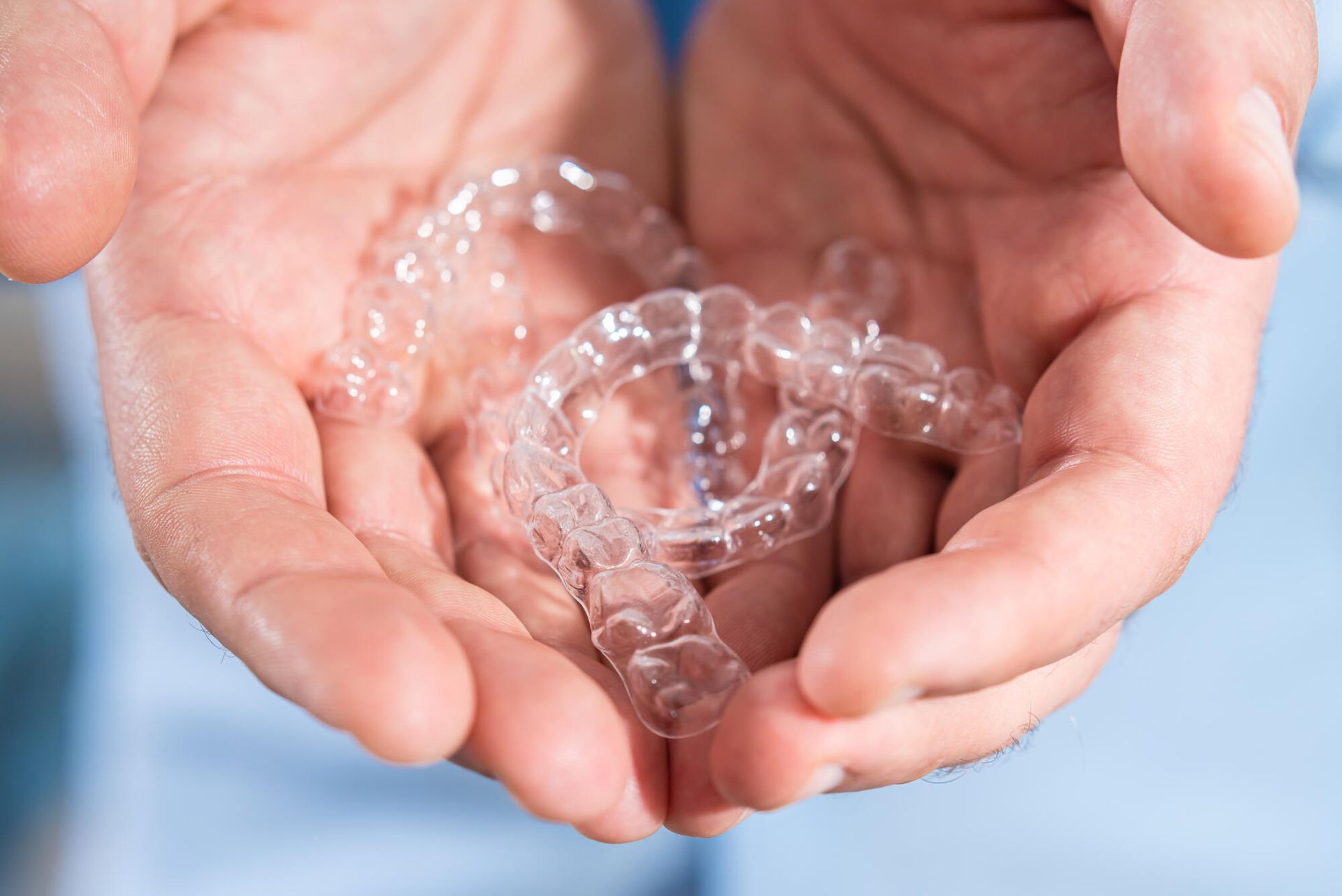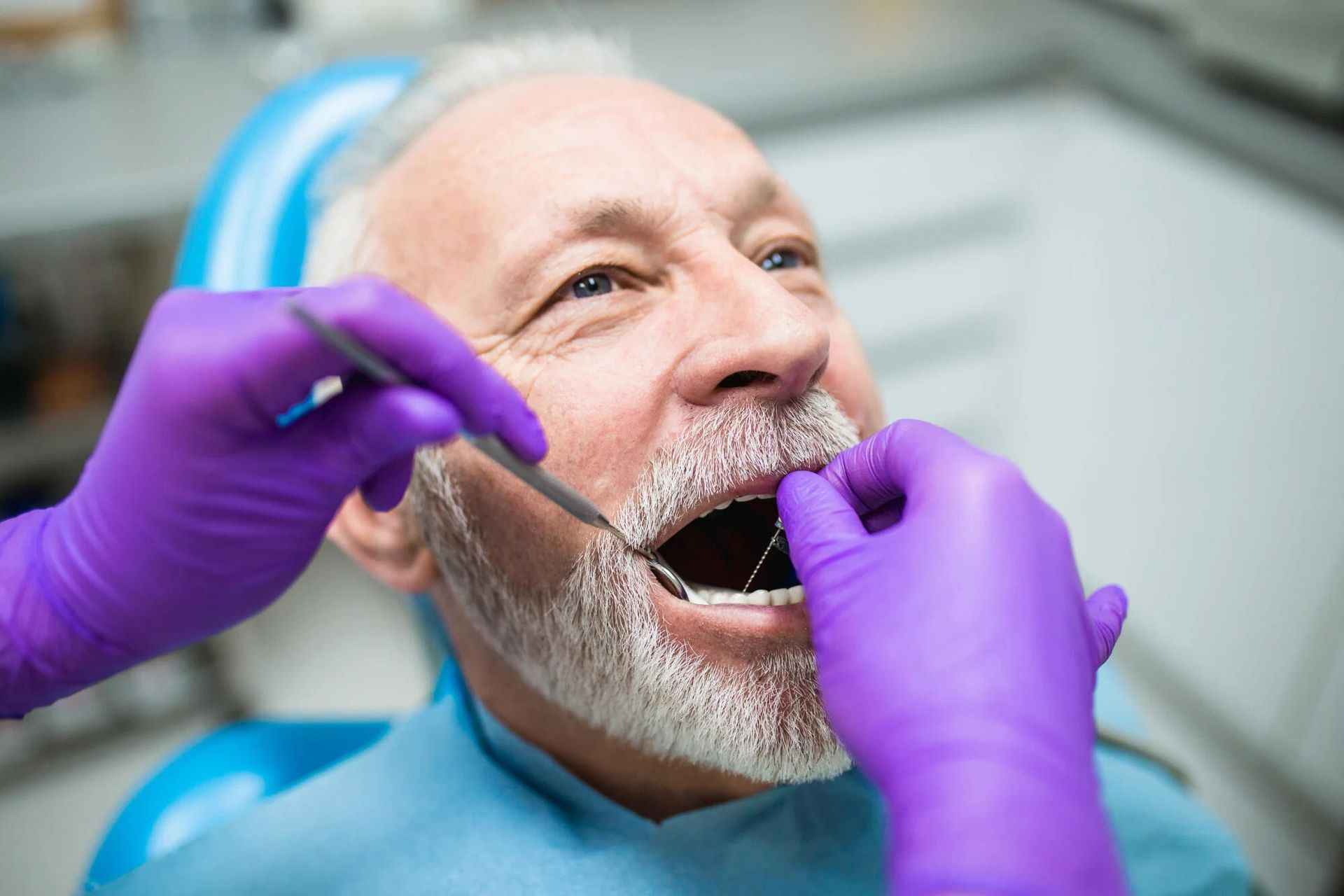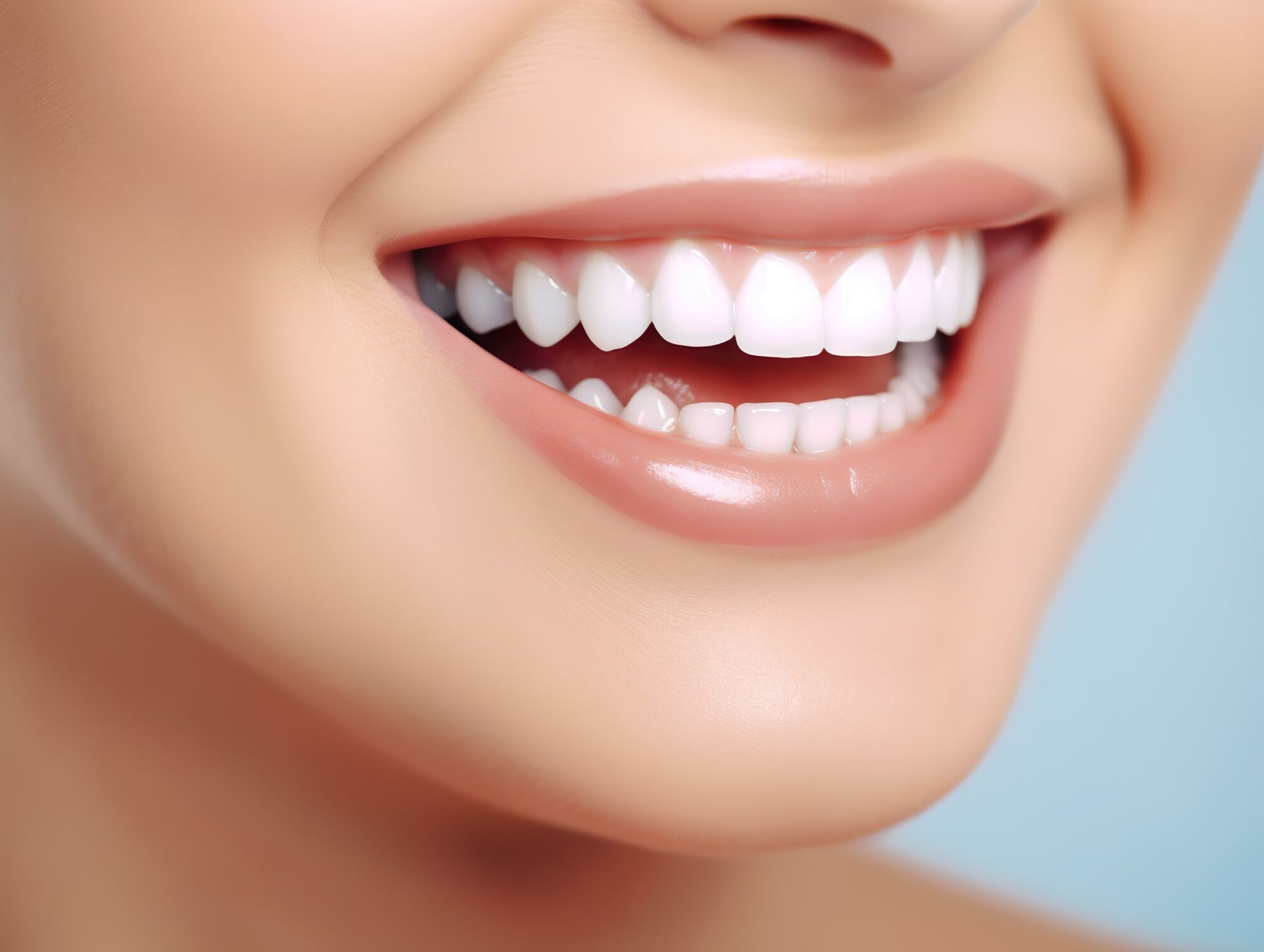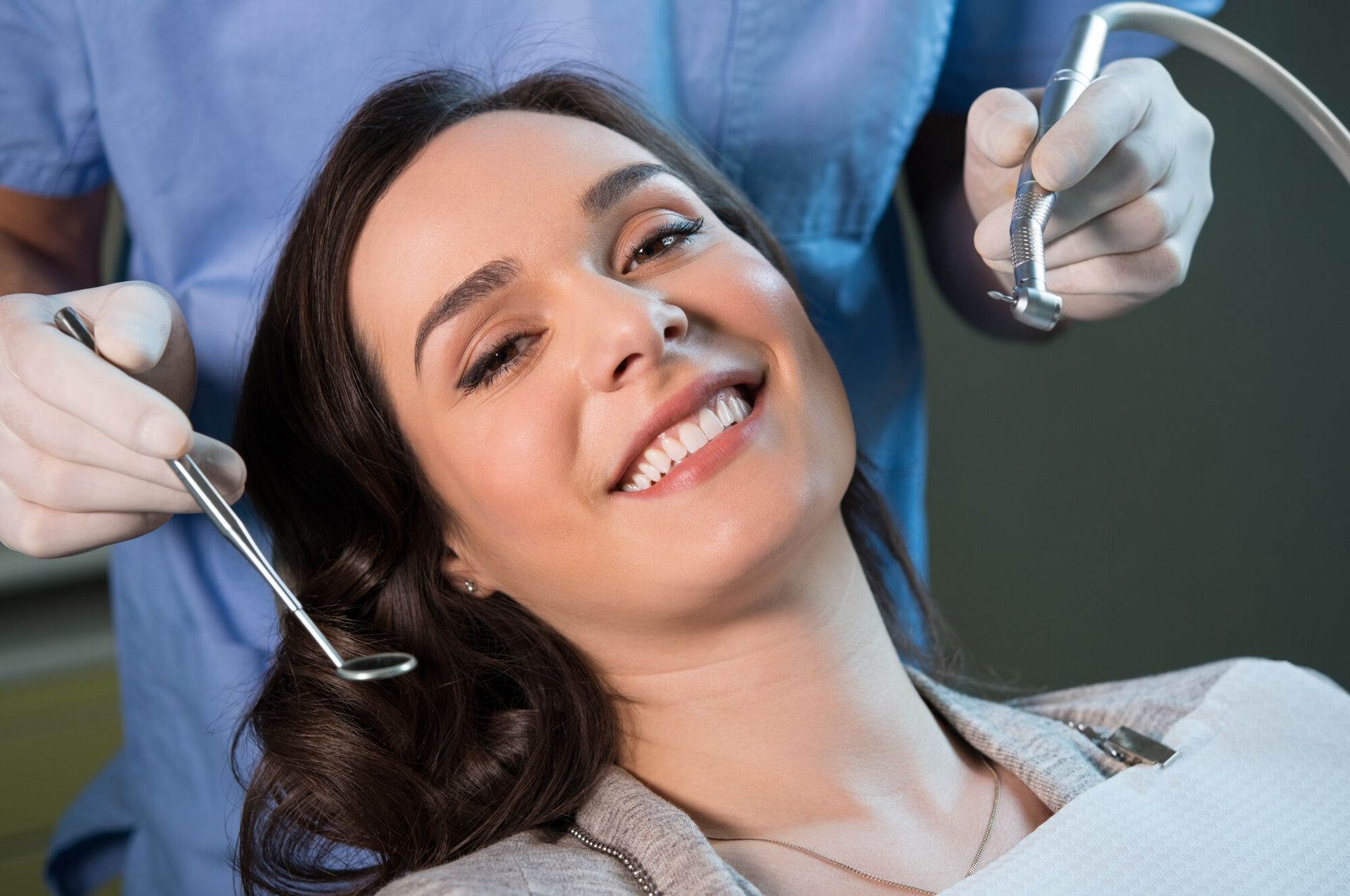Invisalign for Overbite Correction: Your Path to a Perfect Smile
Invisalign is a discrete alternative to braces that's perfect for treating mild to moderate orthodontic problems. Did you know that you can use Invisalign for an overbite?
Read on as we discuss Invisalign as an overbite treatment option, what else Invisalign can correct, and more.
How Does Invisalign Work?
Clear aligners like Invisalign may achieve similar results as braces, but the process is quite different. Let's take a quick look at how Invisalign works and what to expect from clear aligners vs braces.
Your Initial Consultation
We always recommend consulting a dentist about clear aligners like Invisalign rather than using mail-order options. This ensures that a licensed dentist has assessed your orthodontic needs and determined that Invisalign is a good fit.
There are several different classes of overbites, with I being the least severe and VI being the most severe. You are likely a good candidate for Invisalign if you have a mild to moderate overbite.
Customized Treatment Plans
Once you are approved for Invisalign for an overbite, you'll begin your customized treatment plan. First, your dentist will take 3D scans or molds of your teeth.
You'll then receive a series of aligner trays designed specifically for your teeth. Each one will slowly adjust your teeth. For an overbite, this involves applying gentle pressure to the upper teeth to shift them back into alignment.
Using Your Clear Aligners
Invisalign may be a great option because the clear aligners are discrete and removable, meaning you won't have to worry about getting food stuck in braces. To use Invisalign, you will:
- Wear your tray(s) for a minimum of 22 hours per day
- Remove your trays to eat and drink anything other than plain water
- Remove your trays to brush and floss two to three times a day
- Clean your trays before putting them back on
Your dentist will walk you through the specific process of cleaning your Invisalign trays to prevent bacteria growth or staining.
Why it May be an Opportunity to Consider Invisalign as an Option for an Overbite
If you've lived with an overbite for most of your life, you're probably wondering if overbite treatment options are worth the hassle. Invisalign can be a low-stress option, and there are many reasons for correcting an overbite.
Reducing TMJ Risk
According to the Cleveland Clinic, there is a potential link betweenoverbites and TMJ. TMJ is a disorder that causes pain and compromises movement in the jaw.
By correcting your overbite, there may be less risk of the jaw joint becoming worn or damaged over time.
Correcting Speech Impediments
Overbites create extra space between the tongue and the front teeth. This gap can also change the positioning of the tongue when making certain sounds, such as S sounds.
Addressing an overbite early can help to correct speech impediments. However, you may also need additional help from a speech therapist to see lasting results.
Increased Comfort
Oral misalignments like overbites can make certain activities more uncomfortable. We often talk to patients who experience pain or tenderness when chewing or talking that is linked to their overbite.
Fixing an overbite may solve these problems by creating a more natural bite pattern. Overbite treatment can also prevent related problems, like clenching and enamel wear, from getting worse.
Improved Oral Health
Did you know that your overbite can significantly impact your oral health? Misalignments can cause problems like:
- Gum disease
- Enamel erosion
- Cavities
There are many benefits of having straighter teeth. A significant one is improved oral health. Not only can proper alignment reduce friction, but it can also make home oral care easier and more effective.
Other Common Orthodontic Issues Invisalign Can Correct
Overbites aren't the only orthodontic problem that Invisalign can treat. Before we wrap up, let's take a quick look at the other common orthodontic issues Invisalign may be able to correct.
Other Misalignment Issues
Overbites aren't the only form of misalignment patients seek to correct with Invisalign. We also work with patients who have:
- Underbites
- Crossbites
- Overjets
While these misalignments look aesthetically different from overbites, they can cause many of the same complications.
Overcrowding
Does it seem like there isn't enough room in your mouth for your teeth? Overcrowding occurs when teeth grow too close together, causing overlapping or crookedness.
Invisalign may assist with spreading out and straightening overcrowded teeth, which can assist with plaque removal.
Gaps Between Teeth
On the opposite end of the spectrum from overcrowding, many patients have gaps between their teeth they'd like to close.
Gaps often occur between the front teeth, but they can occur anywhere in the mouth. Invisalign can close most gaps over the course of six months to two years.
Looking for Invisalign in Bradford? Dentistry on 88 Can Help
If you are interested in Invisalign and want to discuss whether this option could be right for you, contact Dentistry on 88 to schedule your consultation.












